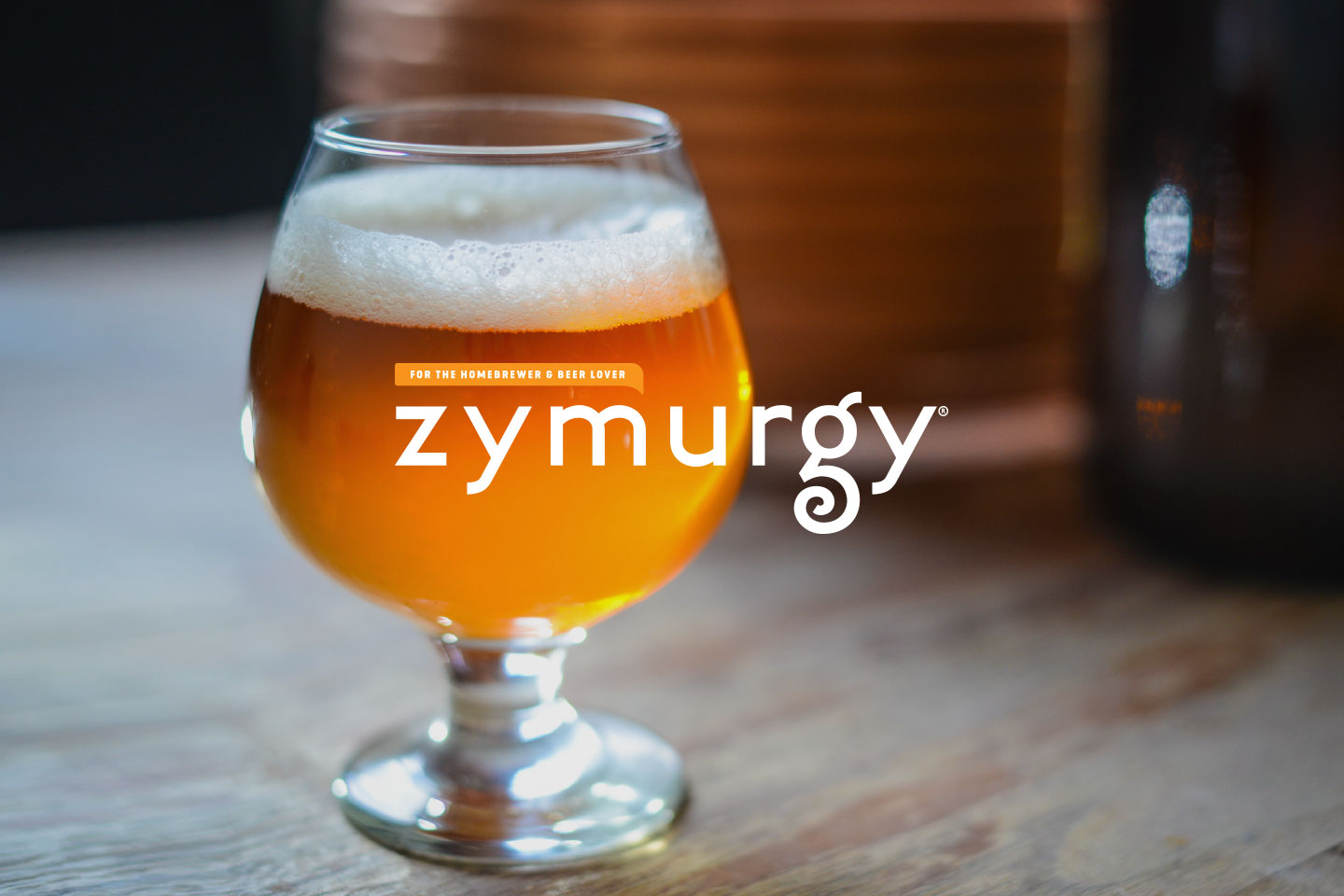
1st Century Celtic-Germanic Bread Beer
When you search for an ancient bread beer recipe online or in print, you will find many guidelines for making bread with beer, but none for making bread for beer. Until now.
Peruse pairings, learn how to make beer, cider, mead, kombucha, and other alternative fermentations, get DIY tutorials, and much more in our archives.

When you search for an ancient bread beer recipe online or in print, you will find many guidelines for making bread with beer, but none for making bread for beer. Until now.
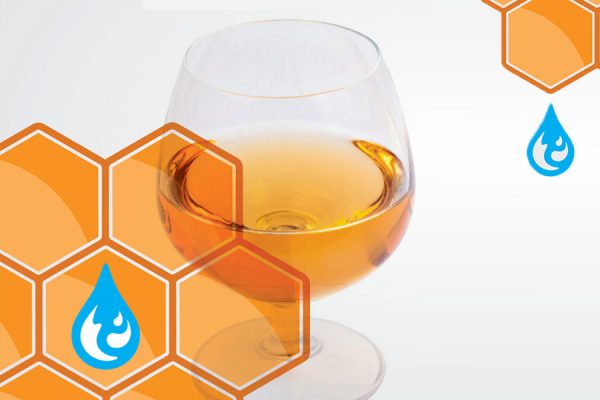
By Aaron Kueck Water chemistry is an often-discussed factor in both the brewing process and eventual flavor profile of beers. Water profiles of famous brewing cities are widely published; calculators […]
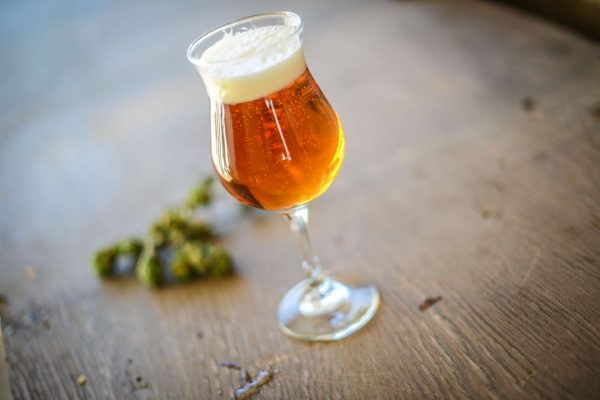
In this excerpt from his latest book, Gordon Strong provides a recipe for Mosaic Double IPA, showcasing the versatile Mosaic hop with its complex flavor and aroma.

The results are in! Each of the past 13 years, we’ve asked Zymurgy readers to vote for up to 20 of their favorite beers. Which beer took the crown in 2015? Plus, clone recipes.

The idea that we can crank out exact copies of the craft beers we most admire sounds great on paper, but creating perfect replicas takes quite a bit of work.

After about a year-and-a-half of planning, the author is joining the ranks of breweries planning to open in 2015. He flipped through his notebooks to share what he’s learned.

Fortunately, backpackers who enjoy a good beer (a redundant phrase…right?) have some excellent options for carrying brews on the trails these days.

In the latest report from the AHA’s Research & Education Fund, the authors investigate whether live culture homebrew might have an influence on the human microbiome.
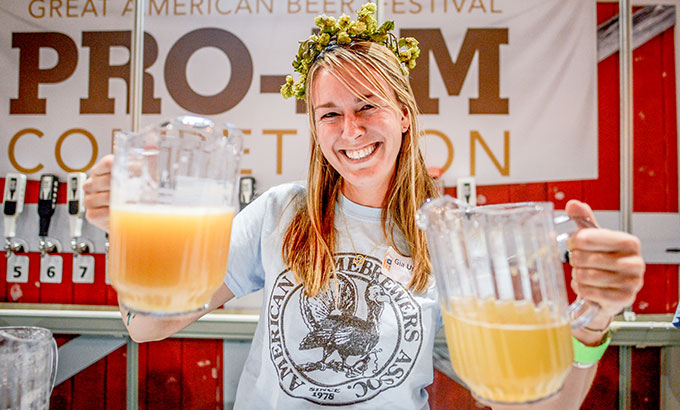
The 2018 Great American Beer Festival Pro-Am Competition was bigger than ever, and the medal-winning recipes are right here for you to brew.
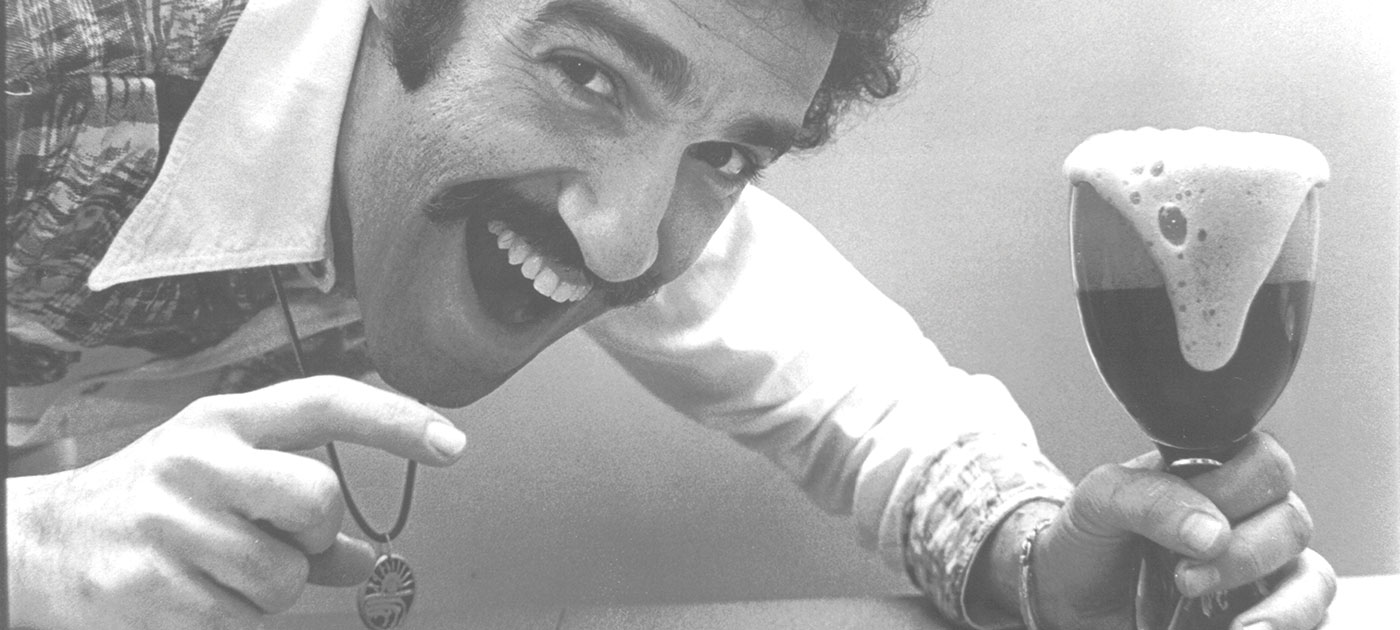
Grab a homebrew and join Zymurgy’s editors to see where we’ve been, how far we’ve come, and where we’re headed.
Share Post